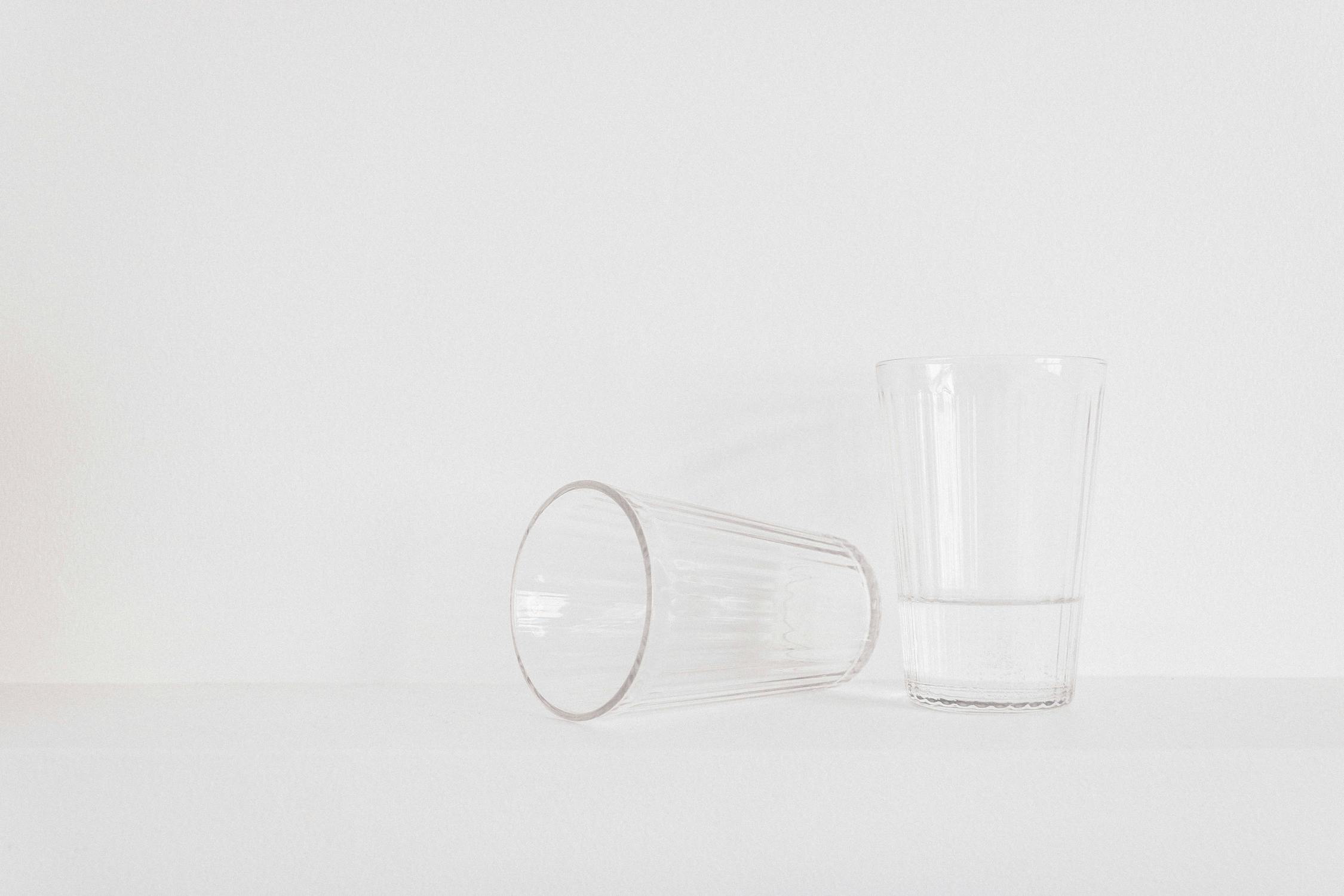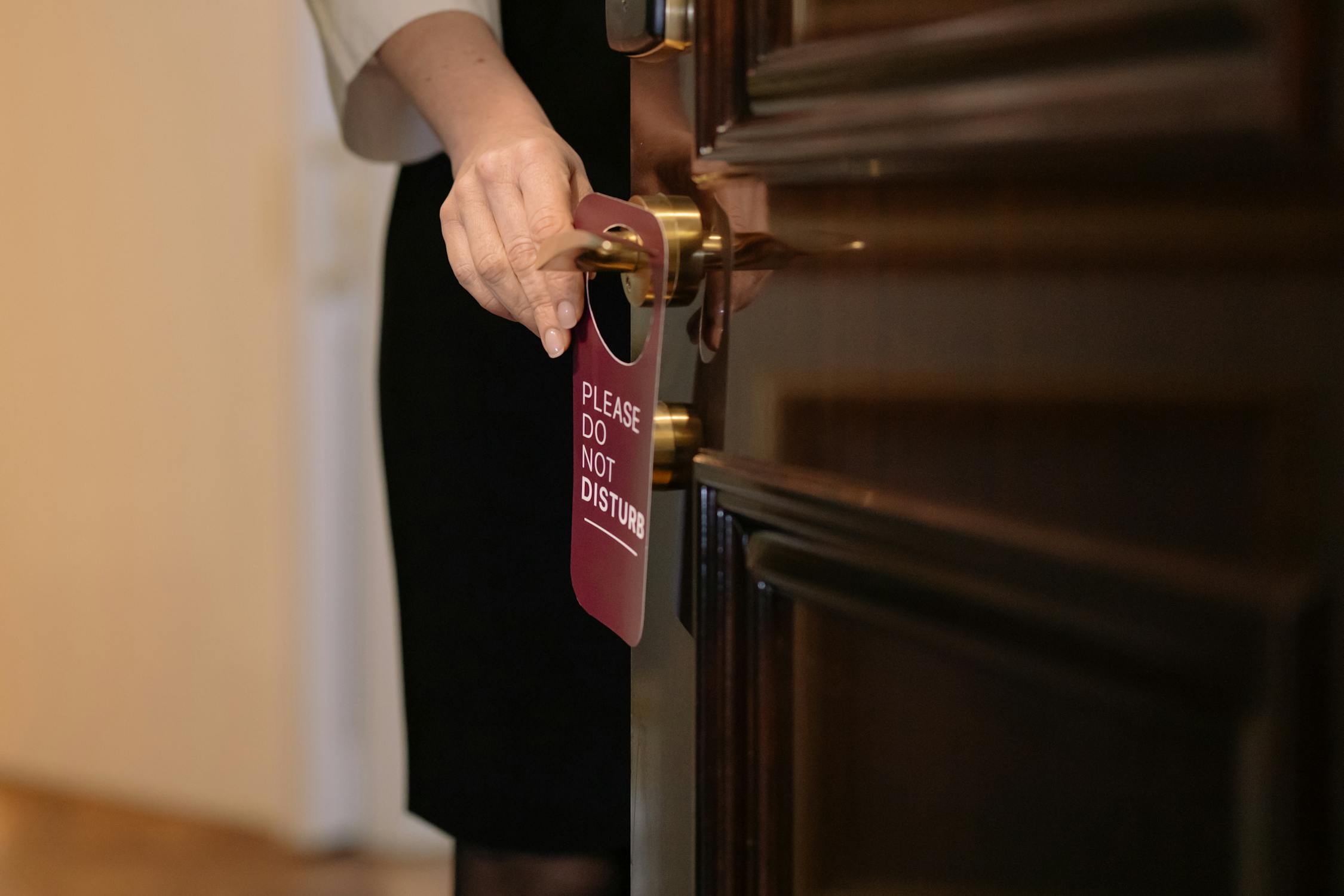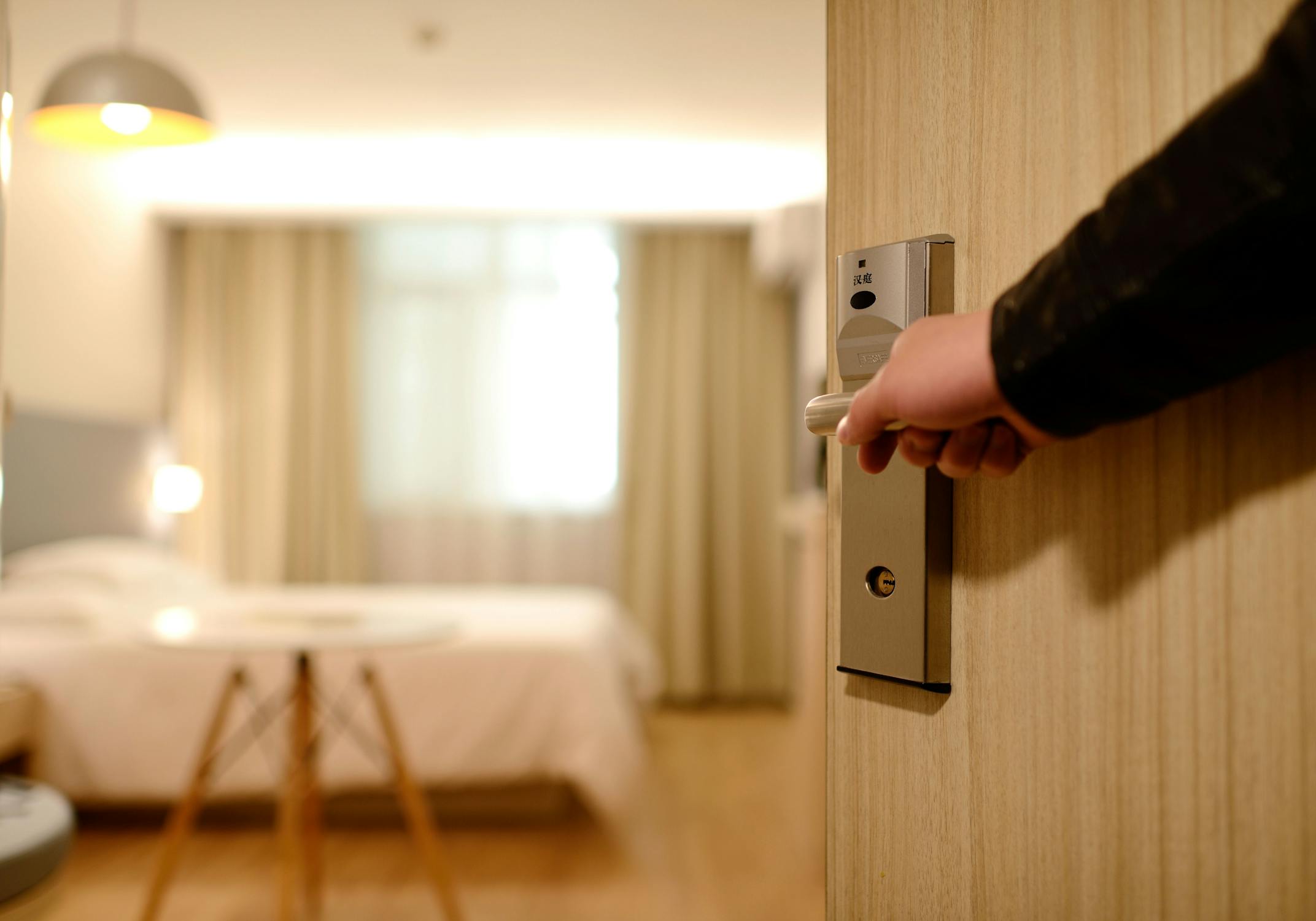Hotel secrets might not be something you think about when you’re handed your room key and welcomed with a smile. The room looks clean, the bed is made, and everything seems perfectly in order—but appearances can be deceiving. Behind the polished lobby and the fresh scent of linens, there’s a whole world of hotel practices that most guests never hear about. Some of these behind-the-scenes habits are simply part of how hotels run efficiently, while others might leave you raising an eyebrow. Did you know certain items in your room may not be cleaned between guests? Or that some charges can appear on your bill without you actually using anything?
These hotel secrets aren’t meant to be sinister, but they definitely reveal how much is happening that the average traveler never sees. In this article, we’re pulling back the curtain on eight surprising hotel secrets that could change the way you pack, clean, and even sleep when you’re away from home. The more you know, the smarter and safer your next hotel stay will be.
1. Drinking Glasses May Not Be Properly Sanitized

Those gleaming drinking glasses in hotel rooms might not be as clean as they appear. Investigations have revealed that some housekeeping staff, under time constraints, may resort to inadequate cleaning methods. For instance, there have been instances where glasses were merely rinsed with water or wiped with used towels, rather than being properly sanitized. This practice can leave harmful bacteria and viruses on the glass surfaces, posing health risks to guests. Health codes typically require that hotel drinking glasses be cleaned and sanitized using a dishwasher or a three-compartment sink. However, compliance can vary between establishments. To ensure safety, it’s prudent to wash the glasses yourself with hot water and soap before use or opt for sealed, disposable cups if available. This extra step can help prevent potential exposure to unsanitary conditions.
2. TV Remotes Are Among the Dirtiest Items in Hotel Rooms

The television remote control is a high-touch item that often escapes thorough cleaning. Studies have identified TV remotes as one of the most contaminated objects in hotel rooms. Research presented at the American Society of Microbiology highlighted that these remotes, along with bedside lamp switches, harbor significant levels of bacteria. The accumulation of germs is attributed to frequent handling by multiple guests and infrequent sanitization by housekeeping staff. Some reports indicate that bacteria readings on remotes can be alarmingly high, sometimes exceeding acceptable levels by five times. To minimize the risk of illness, consider wiping down the remote with a disinfectant wipe upon arrival or using it through a protective barrier like a plastic bag. Being mindful of this often-overlooked item can contribute to a healthier stay.
3. Booking Through Third-Party Sites May Limit Your Room Options

Hotel secrets aren’t limited to what’s inside your room—they start at the booking process. Many travelers use third-party sites like Expedia or Booking.com for deals, but they don’t always show the full picture. Hotels only release a portion of rooms to these platforms, so if it says “sold out,” the hotel may still have availability. Calling the hotel or checking its official site can reveal better options. Hotels also tend to hold their nicest rooms—better views, newer renovations, or larger layouts—for direct bookers. Direct reservations may also get more flexible cancellation terms and better upgrade chances. Staff can see how you booked, and that can affect your room assignment. Among hotel secrets, knowing how booking channels impact your stay is one of the most useful.
4. The Bed Runner Serves Multiple Purposes but Isn’t Frequently Washed

The bed runner, that decorative strip of fabric at the foot of hotel beds, serves more than just an aesthetic function. Hotels utilize bed runners to protect the main bedding from potential damage or dirt. Guests often place their luggage on the bed runner while unpacking, use it as a surface for room service trays, or rest their feet on it while lounging. This practice helps maintain the cleanliness of the sheets and comforter. However, despite its frequent use, the bed runner isn’t washed as regularly as other bedding items. While sheets and pillowcases are laundered between guests, bed runners may only be cleaned periodically, leading to potential hygiene concerns. Therefore, it’s advisable for guests to avoid direct contact with the bed runner or place a towel over it before use. This simple precaution can help maintain personal hygiene during your stay.
5. “Do Not Disturb” Signs Don’t Guarantee Total Privacy

Many guests assume that hanging a “Do Not Disturb” sign ensures no one will enter their room, but that’s not always the case. While the sign typically discourages housekeeping from knocking, some hotels have policies that allow staff to enter after a certain period. In many chains, rooms that haven’t been accessed or checked in 24 hours may be subject to a wellness or safety check. This policy helps prevent incidents such as medical emergencies or illegal activity from going unnoticed. For example, after the 2017 Las Vegas shooting, several hotels updated their protocols to allow for more frequent checks of rooms left undisturbed.
Guests should understand that the sign offers limited protection and may not override hotel safety procedures. If you’re concerned about privacy, it’s best to speak with the front desk and clarify the policy upon check-in. Knowing this kind of policy exists is one of those hotel secrets that proves appearances can be misleading.
Read More: The Moment You Step Into a Hotel, You Have to Complete This Simple Task
6. Hotel Room Walls Are Thinner Than You Think

It might feel like your hotel room is a quiet bubble, but many rooms have surprisingly thin walls. Sound can travel easily through walls, vents, and even under doors, especially in older buildings or budget hotels. Guests on the other side can often hear conversations, crying children, snoring, or even the television at a moderate volume. Hotel designers sometimes use lightweight materials to cut construction costs, which results in less effective soundproofing. According to guest surveys, noise is among the top complaints made to hotel front desks. To improve your experience, consider requesting a room away from elevators, ice machines, or event spaces. Using a white noise app or packing earplugs can also help block out disruptive sounds. Among all the hotel secrets, this one might affect your sleep the most—so plan ahead.
7. Minibar Sensors Can Charge You for Just Picking Up an Item

Minibars used to be simple—you took something, you paid for it. But now, many hotels have upgraded to sensor-based minibars that charge you just for moving an item. These sensors detect changes in weight or movement and automatically add charges to your bill. That means if you pick up a bottle of water to read the label and put it back, you might still be charged. Hotels use this system to prevent guests from storing personal food or drinks in the minibar space. Some guests have been surprised by unexpected charges after simply organizing items or inspecting prices. To avoid issues, call the front desk and ask for the minibar to be emptied if you don’t plan to use it. This is one of the hotel secrets that can hit your wallet unexpectedly—so it’s worth being cautious.
8. Hotel Bedding May Not Include Fresh Duvet Covers

While hotel sheets and pillowcases are almost always washed between guests, the same can’t always be said for duvet covers. In many hotels, the top comforter or duvet is not changed daily unless visibly soiled. Some properties only launder these bulky items on a weekly basis or after a certain number of guest stays. This cost-saving measure means that the bed might not be as fresh as it looks. Housekeeping often smooths out the bedding, giving the illusion of a clean surface. To stay extra hygienic, consider folding down the duvet and sleeping under the sheet layer. You can also request a freshly laundered blanket at the front desk. Among all the lesser-known hotel secrets, the truth about bedding cleanliness might be the most surprising.
Final Thoughts

While hotels strive to create a welcoming and comfortable environment, there are definitely a few secrets they don’t advertise. From decorative bed runners that go unwashed to unexpected charges and privacy concerns, being aware of these behind-the-scenes truths can help you travel smarter. The goal isn’t to scare you away from hotels—it’s to empower you to take simple steps to stay safe and clean. Whether that means using a disinfectant wipe on the remote or checking who’s at your door, a little awareness goes a long way. Hotels provide valuable services, and most employees work hard to make your stay enjoyable. Still, it never hurts to know what’s going on beneath the surface. Next time you check into a hotel, you’ll be ready with knowledge, confidence, and maybe even a pair of slippers. Keep these hotel secrets in mind—and you’ll always be one step ahead when you travel.

